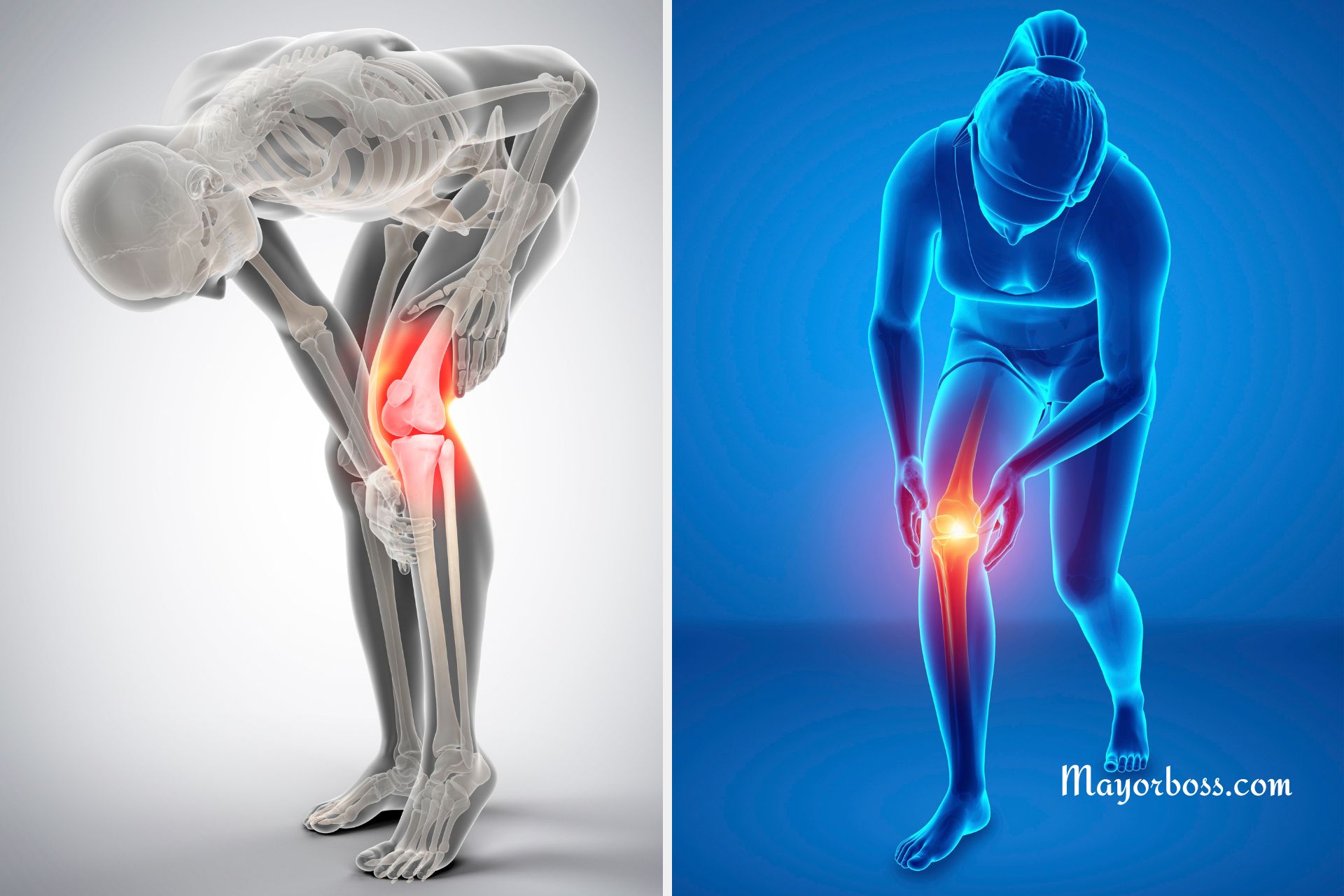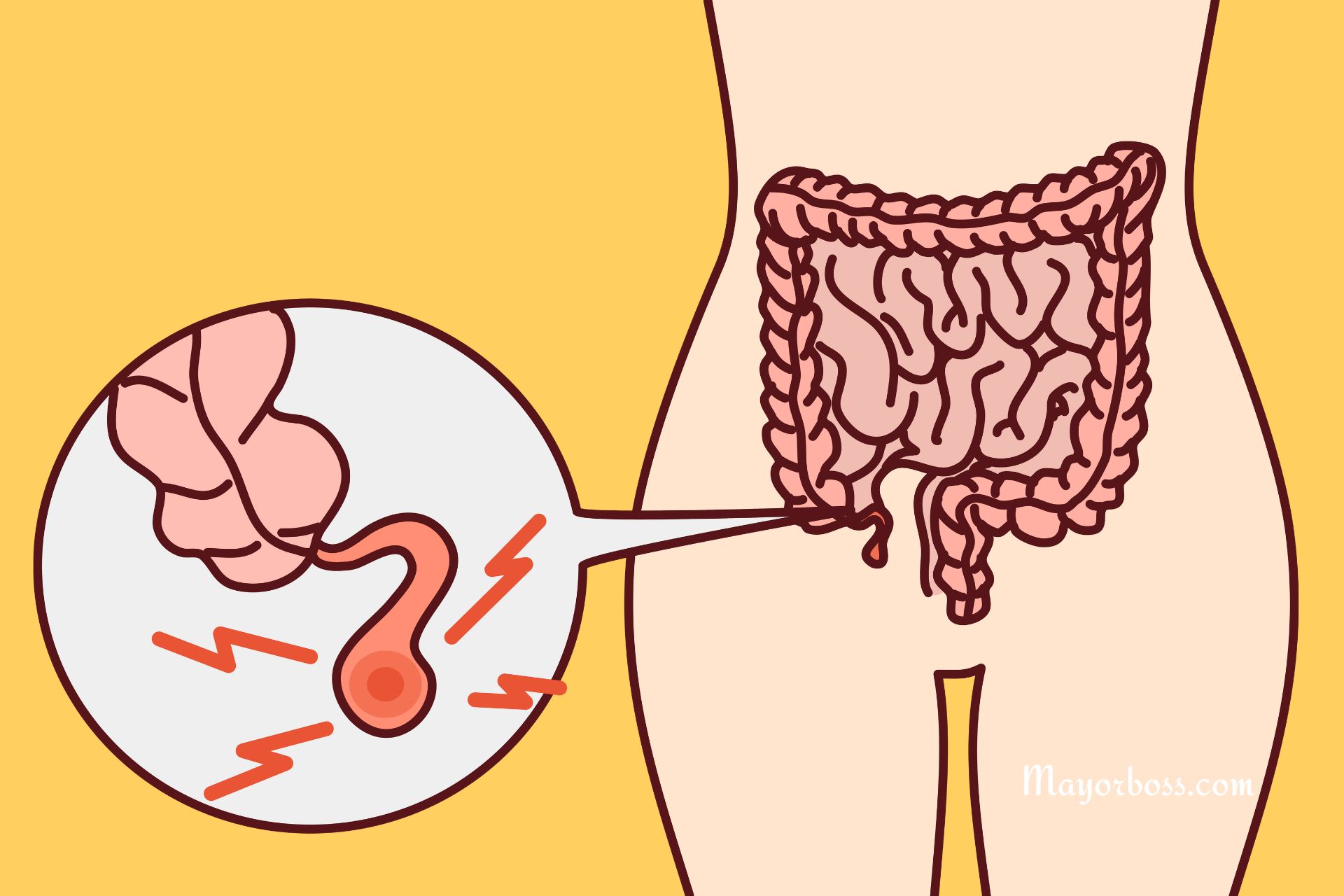5 Causes of Loss of Taste or Smell
Have you ever wondered why you suddenly can’t taste your favorite meal or smell the scent of fresh flowers? Losing your sense of taste or smell can be disconcerting. Here are possible causes for losing your sense of smell and taste.
1. Viral Infections
Colds and Flu
One of the most frequent reasons for a temporary loss of taste or smell is a viral infection, like the common cold or flu. These viruses can cause inflammation in your nose and throat, leading to a blockage of the nasal passages. This blockage prevents odor particles from reaching the sensory receptors in your nose, resulting in a diminished sense of smell, which directly affects your sense of taste.
COVID-19 Connection
Additionally, COVID-19 has been a significant cause of taste and smell loss. The virus affects the nerve cells in your nose responsible for smell, often leading to a sudden and profound loss of these senses.
2. Sinus and Nasal Issues
Chronic sinus infections, nasal polyps, or sinusitis can lead to a loss of taste and smell. These conditions cause swelling and blockages in the nasal passages, hindering your ability to smell. Since taste is closely linked to smell, when one sense is affected, the other often follows.
3. Neurological Conditions
Neurological disorders such as Alzheimer’s disease, Parkinson’s disease, and multiple sclerosis can also lead to a loss of taste and smell. These conditions affect the brain areas responsible for interpreting taste and smell. As a result, you may experience changes in these senses.
4. Medications and Treatments
Various medications can impact your taste and smell. Antibiotics, antihistamines, and blood pressure medications are known to sometimes cause a temporary change in these senses. Additionally, treatments like chemotherapy and radiation can significantly affect taste and smell due to their impact on the body’s cells, including those responsible for these senses.
5. Aging and Environmental Factors
As you age, your senses of taste and smell may naturally diminish. Exposure to certain chemicals and pollutants can also contribute to a loss of smell and taste loss. For instance, prolonged exposure to certain chemicals, such as Isodecanes, in the workplace can cause both smell and taste loss.
What to Do?
If you experience a sudden or severe loss of taste or smell, it’s crucial to communicate with your doctor to determine the underlying cause. In many cases, treating the root issue can help restore these senses.
Frequently Asked Questions

Can loss of taste or smell be permanent?
While most cases of taste or smell loss are temporary and resolve with the underlying cause, some conditions, such as severe nasal damage or certain neurological disorders, can lead to permanent changes in these senses.
Are there treatments to restore taste and smell?
Treatment depends on the cause. For instance, if a viral infection is the cause, your senses should return as you recover. In cases related to chronic conditions or nerve damage, treatment may involve managing the underlying condition, but complete restoration of these senses may not always be possible.






